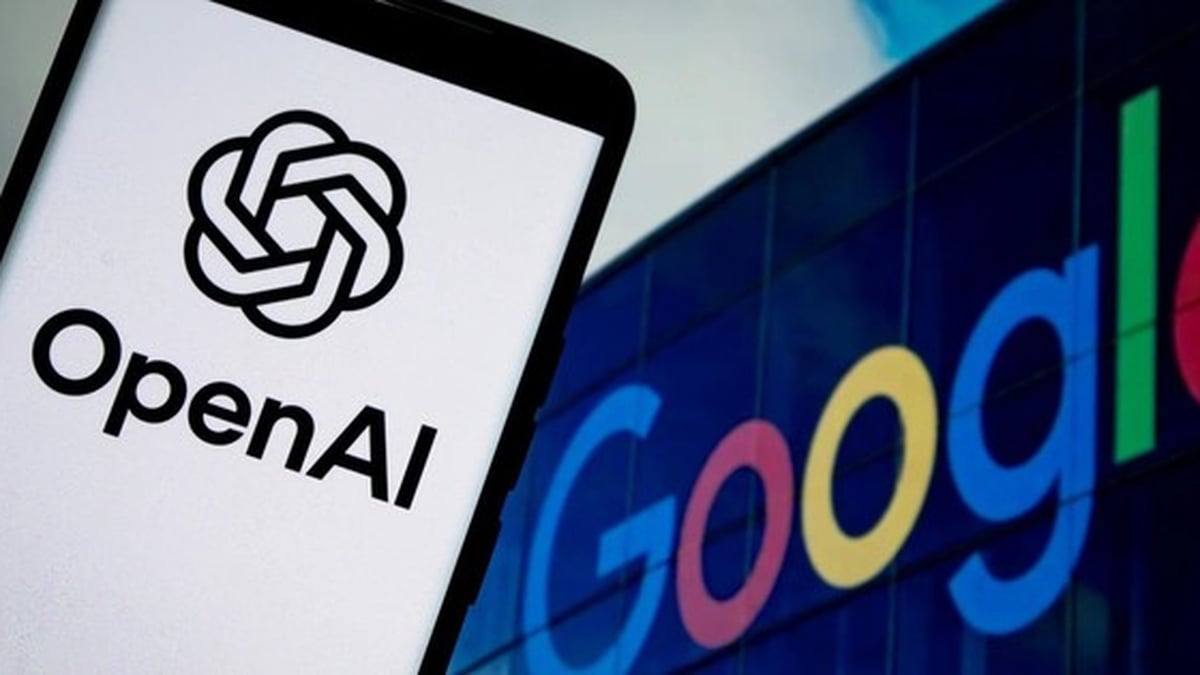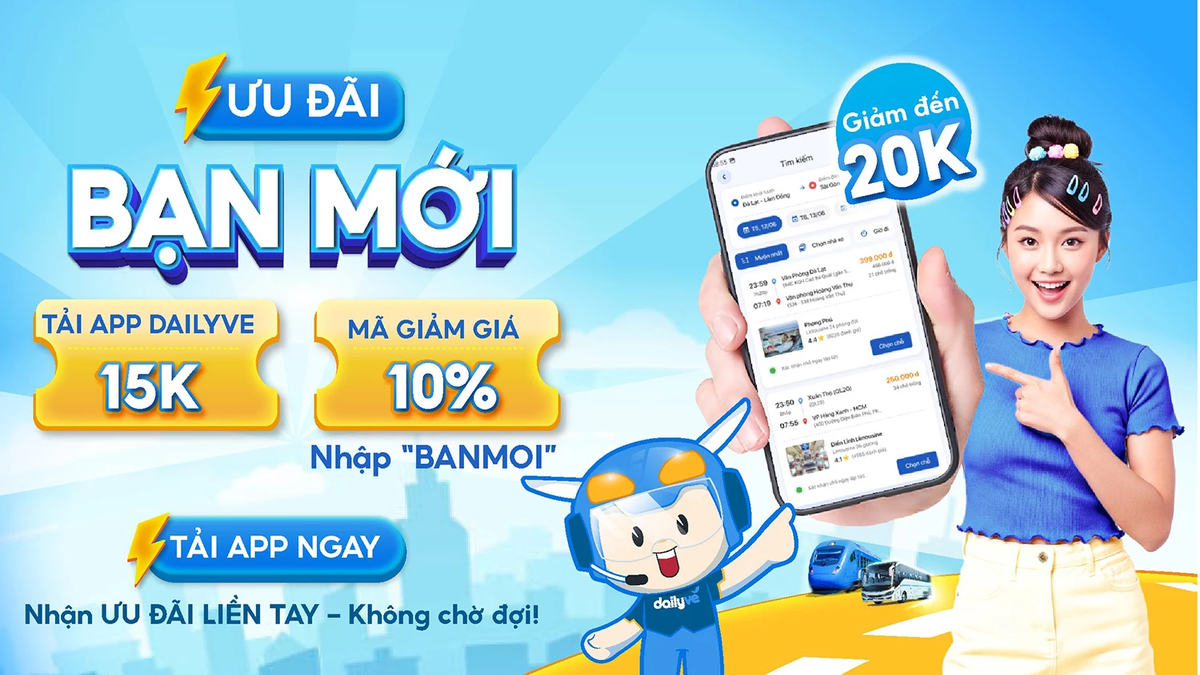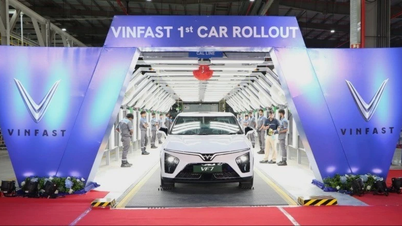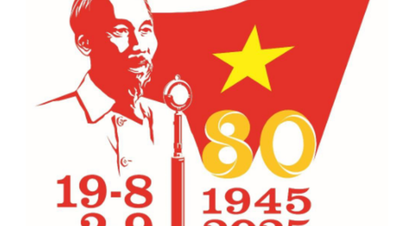
Why is the schedule suggested by AI so general?
The main reason why AI tools like ChatGPT, Google Gemini, or AI-based travel planning platforms often suggest popular destinations is because they are largely trained on the amount of popular content available.
If millions of blog posts, social media posts, and travel websites all talk about places like “Eiffel Tower” or “Ha Long Bay,” those destinations will dominate the AI training data. As a result, the AI will associate popularity with relevance, even when users expect less well-known places.
Younger travelers often seek authentic, local experiences or belong to specific interest groups that reflect their personality or social values, such as vegan cafes in Ho Chi Minh City, zero-waste homestays in Da Lat, or indie music venues in Seoul.
These types of suggestions are often more complex and difficult to find unless users discuss deeply, rate frequently, and tag consistently.
In short, AI reflects mass information unless users are extremely specific in their requests. Therefore, Gen Z often uses AI to sketch out a rough idea, then digs deeper on TikTok, Threads, or Facebook groups to personalize their plans.
Why does AI sometimes make wrong suggestions: is it due to lack of information or inaccuracy?
Technically, there are two common reasons why AI makes incorrect suggestions.
First, training data is time-limited. Many AI models like ChatGPT (free version) are only trained on data up to a certain point in time, say the end of 2023. So the AI might not “know” that a restaurant closed last month, that a new exhibition opened, or that ticket prices have just changed.
Second, AI lacks the ability to update in real time. AI is not a default search engine. Without being connected to live web data (via plugins, APIs, or real-time web access), AI cannot provide current fares or booking status.
So if you ask AI, “How much is the entrance fee to Ba Na Hills now?”, you might get the price from two years ago instead of the latest. Not to mention, prices can also change depending on the season or promotions.
Additionally, user-generated content can be biased or unverified. If an AI reads a bunch of old blog posts about a place that closed during Covid-19, it might still suggest it without realizing that it’s actually gone.
How to use AI to plan your own travel effectively
Despite its limitations, AI is still a useful tool if you know how to exploit it intelligently. Some practical tips for Gen Z in particular and all travelers in general:
· Start with AI, but don’t stop there. Use AI to create a rough itinerary like “Three days of food discovery in Osaka” or “Eco-tourism route in Mekong Delta”. Then, check back on Google Maps, TripAdvisor, TikTok to read reviews and see updated photos.
· Be specific. Instead of asking, “What should I do in Ho Chi Minh City?”, try, “A suggested two-day itinerary for Ho Chi Minh City that includes street food, art galleries, and public transportation.” The more specific you are (budget, travel style, diet), the more relevant your results will be.
· Ask the AI to compare options. For example, “Compare Mui Ne and Quy Nhon for a relaxing vacation with local seafood” or “Are there any little-known places in Ninh Binh that are popular with students?”.
· Verify information yourself as it may change over time. Always double-check opening hours, ticket prices, and seasonality on the official website or Google. Think of AI as a starting point, not a complete replacement.
· Look for an AI tool that integrates live data. Some platforms now incorporate AI with real-time updates, such as Expedia, Kayak, or Klook. This is a more reliable option for checking prices and booking availability.

For Gen Z, the process of preparing for a trip is just as exciting as the actual journey. AI offers speed, convenience, and a smart starting point, but it still can’t replace human intuition, local knowledge, or hands-on experience.
AI is like a well-read but not very close friend: it knows a lot, but doesn’t know who you are. The trick is learning to ask questions and knowing when to dig beyond what the algorithm suggests.
Source: https://baovanhoa.vn/nhip-song-so/du-lich-thoi-ai-hoi-ky-moi-co-goi-y-hay-158814.html






















































![[Maritime News] Two Evergreen ships in a row: More than 50 containers fell into the sea](https://vphoto.vietnam.vn/thumb/402x226/vietnam/resource/IMAGE/2025/8/4/7c4aab5ced9d4b0e893092ffc2be8327)












































Comment (0)